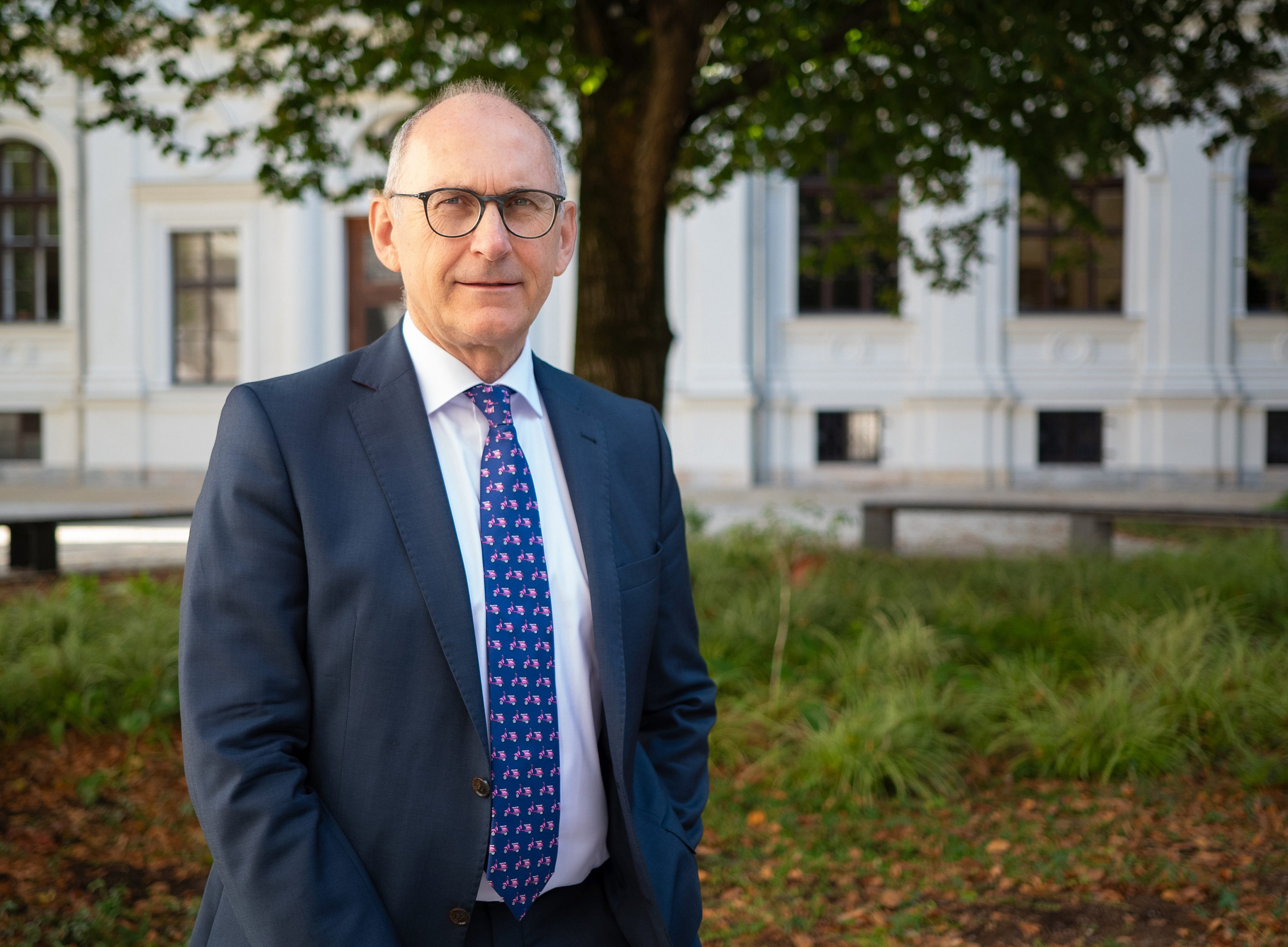"The EU Nature Restoration Law certainly represents a challenge for Austria, however, fears should not be recklessly fuelled," says Gerhard Schnedl, an expert in nature and climate protection law at the University of Graz. "Considering how badly Europe's ecosystems are doing, the new regulation must be seen as absolutely necessary: to preserve and improve biodiversity, to combat climate change and the associated natural disasters and to ensure food security for future generations," the researcher is convinced.
According to the European Environment Agency, 81 per cent of protected habitats, 39 per cent of protected birds and 63 per cent of other protected species in the EU are in inadequate or poor condition. The EU Nature Restoration Law aims to change this. "By 2030, national restoration measures must be implemented for at least 30 per cent, by 2040 for at least 60 per cent and by 2050 for at least 90 per cent of the damaged areas of terrestrial, coastal and freshwater ecosystems. In addition, the recovery of pollinator populations, i.e. the corresponding insect populations, must be ensured," says Schnedl, summarising the legally binding targets for the member states.
Environmentally friendly agriculture
In agricultural areas, the new regulation requires countries to make progress in at least two of the following three biodiversity indicators: the population of meadow butterflies, the stock of organic carbon in mineralised arable soils and the proportion of agricultural land with species-rich landscape elements such as copses or small water bodies. An increase in the population of various field bird species is also required. Peatlands used for agricultural purposes are to be partially restored, on a voluntary basis and with financial support from the member states. However, the regulation also provides for the temporary suspension of targets if they jeopardise food security," says Schnedl, rebutting one of the critics' arguments.
More nature in forests, water and cities
The biodiversity of forest ecosystems also needs to be improved, including through more tree species and common forest bird species. In addition, three billion additional trees are to be planted across the EU by 2030.
Artificial barriers to the connectivity of surface waters in rivers and floodplains must be removed by 2030. The aim is to restore at least 25,000 kilometres of free-flowing rivers throughout the EU.
In urban ecosystems, no more green spaces may be built on than new ones are created by the end of 2030. After that, there must be an increase. The same applies to trees for shading.
"It is up to the member states themselves to decide which measures they want to use to achieve all of these targets," says Schnedl. "A national recovery plan must be drawn up with the participation of the public and relevant stakeholders and submitted in a first draft to the EU Commission by September 1, 2026."
7th Graz Environmental Law Forum on November 20, 2024
"Biodiversity and renaturation in the focus of nature conservation law. Framework conditions and challenges for policy and practice in the face of the climate crisis"
More information and registration for the Graz Environmental Law Forum
